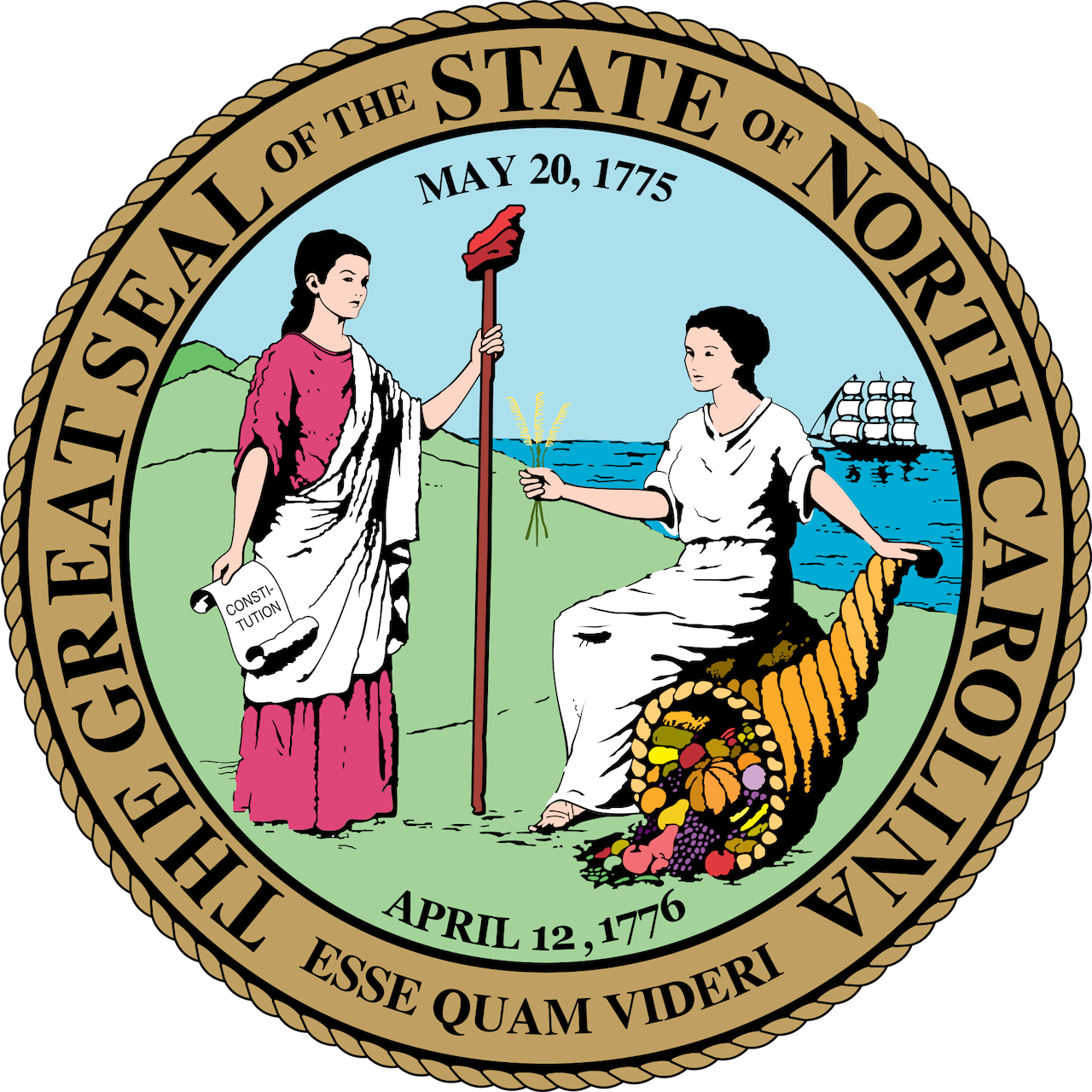North Carolina State Representative Micheal Wray, one of the primary sponsors of the state’s Medicaid expansion bill, called the signing of the bill a great honor.
“This historic legislation will not only improve and strengthen our healthcare delivery system in Halifax, Northampton and Warren counties but across our entire state,” Wray said. “This legislation will help the working poor who have not been eligible for Medicaid and can’t afford private health insurance.”
Wray said the new coverage will stabilize the state’s rural healthcare delivery network — adding critical financial support for providers and hospitals. “Nearly 600,000 consumers and patients across the state will now have access to affordable health insurance and quality care. Since 2011, Medicaid expansion has been a major policy goal for me. Seeing it enacted into law will mean a great deal for our citizens and our entire state.”
Photos courtesy of Cheryl Wray Edwards
With the passage of the house Medicaid expansion bill by the North Carolina State House of Representatives Monday, Governor Roy Cooper called the approval a once in a generation investment.
The governor said its passage “is a once in a generation investment that will make all North Carolina families healthier while strengthening our economy, and I look forward to signing this legislation."
ECU Health CEO Michael Waldrum said the health system is grateful to elected officials for making Medicaid expansion a reality for more than 600,000 people in the state, including more than 100,000 people in eastern North Carolina. “ECU Health is also grateful to see Healthcare Access and Stabilization Program funding included in the bill, providing much-needed relief to rural hospitals across the state.”
Waldrum called Monday a historic day for healthcare in North Carolina and especially in eastern North Carolina. “ECU Health has advocated for Medicaid expansion for more than six years as we witness first-hand the challenges uninsured and underinsured patients face.”
He said, “With expanded coverage, more patients can receive the care they need to keep them well. We appreciate lawmakers recognizing the importance of providing coverage for our vulnerable community members and this landmark moment is a major accomplishment that will improve the lives of many families across the state. While Medicaid expansion and HASP funding will not solve all the challenges facing rural health care, ECU Health is grateful to see this important legislation become law.”
United States Congressman Don Davis said, "After more than a decade, today's (passage) will provide much-needed health insurance for nearly 100,000 eastern North Carolinians."
Davis said, "I join the residents of North Carolina's First District in expressing gratitude for ensuring the stability and well-being of our hardworking families and rural hospitals. As a co-chair of the State Medicaid Expansion Caucus, I will continue leading the charge in congress to expand Medicaid across the country to guarantee everyone has access to the lifesaving care they deserve."
Key provisions of House Bill 76 include:
Providing low-income North Carolinians who earn less than 133 percent of the federal poverty level with greater access to health care options.
Utilizing federal Healthcare Access and Stabilization Program funds to help reenergize rural hospitals.
The law takes effect if the General Assembly agrees on a budget and the federal government provides a consistent 90 percent federal matching rate.
“For this legislation to remain the law of the land, the governor and the state legislature must agree on the state budget,” Davis said. “Americans in the Medicaid coverage gap are non-elderly, low-income adults who earn too much to qualify for Medicaid but too little to afford private health insurance.”
Bipartisan majorities in thirty-nine states, most recently Louisiana, South Dakota, and Missouri, have expanded Medicaid.






